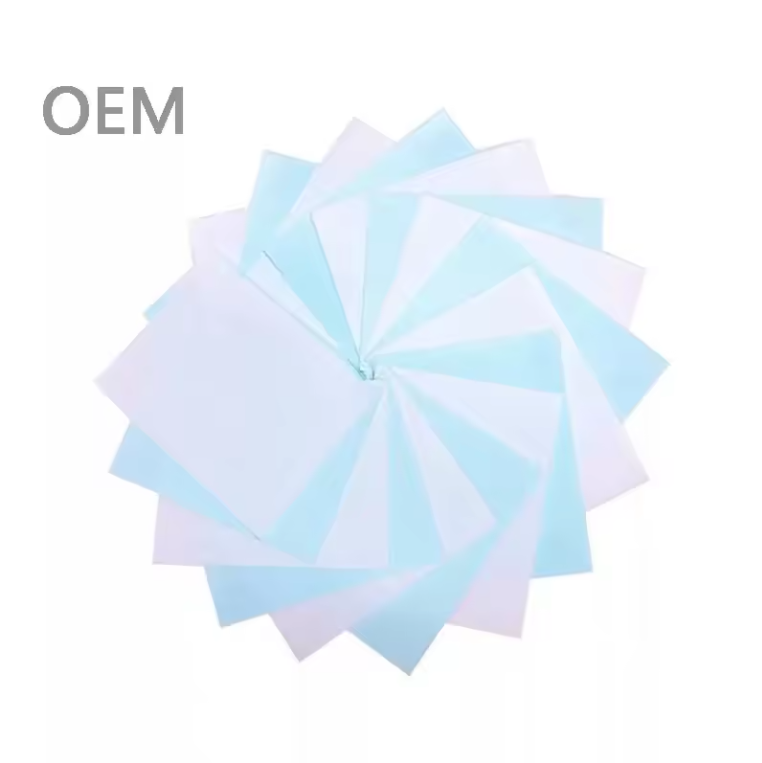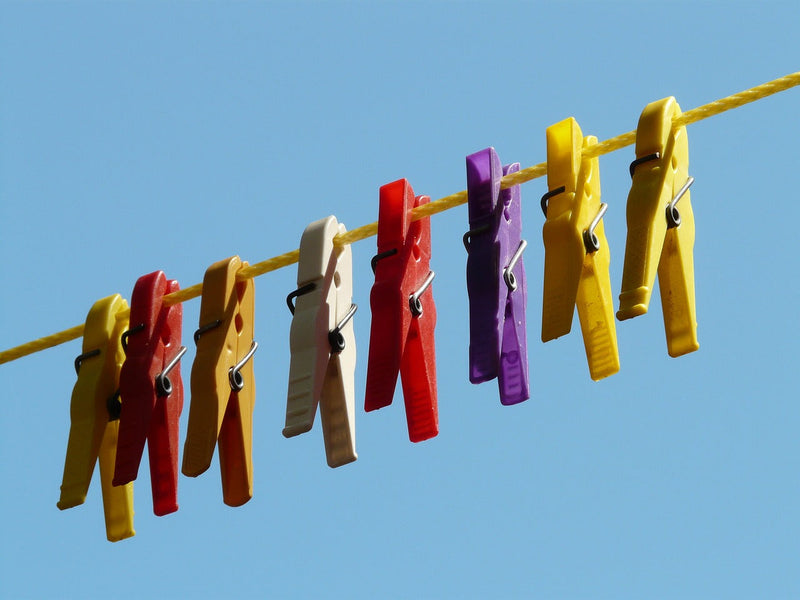News – by Jayson Clean
Detailed Analysis of Minimum Order Quantity (MOQ) and Bulk Purchasing Guide for Laundry Detergent Sheets for B2B Audiences
This comprehensive analysis examines Minimum Order Quantity (MOQ) and bulk purchasing strategies for laundry detergent sheets, tailored for B2B audiences such as wholesalers and distributors. The focus is on understanding MOQ, business benefits, industry insights, and actionable advice, ensuring a professional tone and alignment with market trends as of March 2025.
Introduction and Market Context
The global laundry detergent market is projected to reach significant growth by 2028, with eco-friendly innovations like laundry detergent sheets driving demand DataM Intelligence. Industry reports suggest the market could hit $200 billion, with a 15% annual growth rate for sheets, reflecting consumer shifts toward sustainability. For wholesalers and distributors, understanding MOQ and bulk purchasing is crucial for business growth and cost-saving strategies. A 2023 NielsenIQ report indicates 78% of American consumers prioritize sustainable living, supporting the market positioning of sheets NielsenIQ. This growth underscores the need for efficient purchasing, where MOQ and bulk buying play key roles in optimizing operations.
MOQ, or Minimum Order Quantity, is the smallest amount of a product that a supplier will sell to a customer, typically set to cover supplier costs and ensure profitability. For laundry detergent sheets, MOQ can vary widely, with research suggesting a range from 100 to 5,000 sheets, depending on the supplier, brand, and order size. Bulk purchasing, on the other hand, involves buying large quantities to leverage cost savings, reduced shipping rates, and better supplier relationships, making it a strategic choice for distributors aiming to meet retailer demands.
Understanding MOQ and Its Impact on Your Business
MOQ is a critical factor for wholesalers and distributors, as it determines the entry point for purchasing and affects pricing structures. Research suggests that for laundry detergent sheets, MOQ typically ranges from 100 sheets for small orders to 5,000 sheets for pallet loads, with variations based on supplier policies. For instance, a medium-sized distributor might face an MOQ of 1,000 sheets, while larger orders could start at 5,000 sheets, aligning with standard shipping container sizes.
How does MOQ affect pricing and discounts? It seems likely that larger orders lead to lower per-unit costs, with suppliers offering tiered pricing. For example, an order of 100 sheets might cost $0.25 per sheet, while 5,000 sheets could drop to $0.15 per sheet, reflecting economies of scale. This pricing structure can enhance profit margins, with bulk purchases potentially achieving 40% margins compared to 30% for smaller orders, based on industry insights Earths Laundry.
A case study illustrates the impact: Distributor X, serving Midwest retailers, initially ordered below MOQ, facing higher costs at $0.25 per sheet. By committing to an MOQ of 1,000 sheets, they secured a price of $0.18 per sheet, saving 28% and qualifying for free shipping, leading to annual savings of $1,200 and improved profit margins.
Benefits of Bulk Purchasing for Laundry Detergent Sheets
Bulk purchasing offers several advantages for distributors, enhancing cost-efficiency and operational scalability. Research suggests cost savings per unit are significant, with per-sheet prices dropping as order quantities increase, as shown in the table above. For instance, ordering 5,000 sheets at $0.15 each reduces costs by 40% compared to smaller orders, boosting profitability.
Reduced shipping costs are another benefit, given the lightweight and compact nature of laundry detergent sheets. It seems likely that bulk orders qualify for discounted rates or free shipping, with a Midwest distributor reporting $100 savings per order by meeting MOQ Earths Laundry. This is particularly advantageous compared to traditional liquid detergents, which are heavier and incur higher freight costs.
Better supplier relationships are also a key benefit, with regular bulk orders leading to preferred customer status. This can result in priority during shortages, access to new products, and better negotiation power, fostering long-term partnerships. Additionally, bulk purchasing ensures a consistent supply, critical for meeting retailer demands without frequent reordering, enhancing reliability and customer satisfaction.
Challenges and Strategies for Bulk Purchasing
Despite the benefits, bulk purchasing presents challenges that require strategic management. Inventory management is a primary concern, with the risk of overstocking leading to storage costs and product expiration, given sheets have a shelf life. The evidence leans toward using demand forecasting and data analytics to optimize stock levels, implementing FIFO (First In, First Out) practices to minimize waste.
Cash flow management is another challenge, with large upfront payments potentially straining finances. Solutions include negotiating extended payment terms, such as net 60 days, or exploring financing options like supplier credit lines. For example, a distributor negotiated a 90-day payment term, easing cash flow and enabling larger orders.
Quality control is essential in bulk orders, ensuring consistent product quality across batches. The evidence suggests regular supplier audits and quality checks, with distributors vetting suppliers by checking references and visiting facilities to mitigate risks.
Selecting the Right Supplier for Bulk Purchases
Choosing the right supplier is critical for successful bulk purchasing, with several factors to consider. Research suggests evaluating reputation, product quality, pricing, shipping terms, and customer service. For laundry detergent sheets, reliability is paramount, given the eco-friendly positioning, with suppliers offering biodegradable packaging aligning with market trends.
The importance of supplier reliability and quality is evident in a case study where a distributor faced delays due to an unreliable supplier, impacting retailer relationships. To vet suppliers, distributors can check online reviews, request references, and assess production capabilities, ensuring consistent quality for bulk orders.
Sustainability and ethical considerations are increasingly relevant, with distributors aligning with suppliers practicing eco-friendly manufacturing and fair labor practices. This alignment enhances brand reputation and meets retailer demands for sustainable products, positioning distributors for long-term success.
Negotiation Strategies for MOQ and Bulk Purchasing
Negotiating MOQ and bulk purchasing terms can significantly impact costs and operations. Tips for getting better terms include researching market rates, understanding supplier cost structures, and being prepared to walk away if terms are unfavorable. For instance, knowing that competitors offer MOQs of 500 sheets at $0.20 each can strengthen negotiation positions.
Volume commitments and long-term contracts offer stability, with suppliers often providing better pricing for commitments, such as a 10% discount for a 12-month contract. This approach ensures predictable costs and fosters supplier loyalty, benefiting both parties.
Leveraging relationships with multiple suppliers can enhance bargaining power, with distributors playing suppliers against each other to secure better terms. However, this strategy requires maintaining ethical relationships, ensuring transparency to build trust and long-term partnerships. and
Actionable Steps for Implementing Bulk Purchasing
To implement bulk purchasing effectively, distributors should start by assessing current needs and future projections. This involves analyzing sales data to determine monthly consumption, such as 500 sheets per month, and forecasting growth based on market trends.
Planning for storage and distribution is crucial, ensuring adequate warehouse space for bulk orders and efficient distribution to retailers. For example, a distributor with 1,000 square feet of storage might plan for 10,000 sheets, using shelving systems to optimize space and reduce handling costs.
Conclusion and Actionable Steps
In conclusion, understanding and implementing MOQ and bulk purchasing strategies for laundry detergent sheets can position wholesalers and distributors for success in a growing market. The business case is clear: optimizing costs, enhancing supplier relationships, and meeting retailer demands through efficient purchasing practices.
For businesses, the next steps include:
Evaluating current purchasing patterns and calculating potential savings from bulk purchasing, using sales data and EOQ calculations.Researching and identifying reliable suppliers that offer competitive pricing and terms for bulk orders, focusing on reputation and sustainability.Developing a negotiation strategy to secure the best possible MOQ and bulk purchasing terms, leveraging volume commitments and long-term contracts.Ready to optimize your purchasing strategy? Contact us for expert advice on MOQ and bulk purchasing for laundry detergent sheets at our website.



















